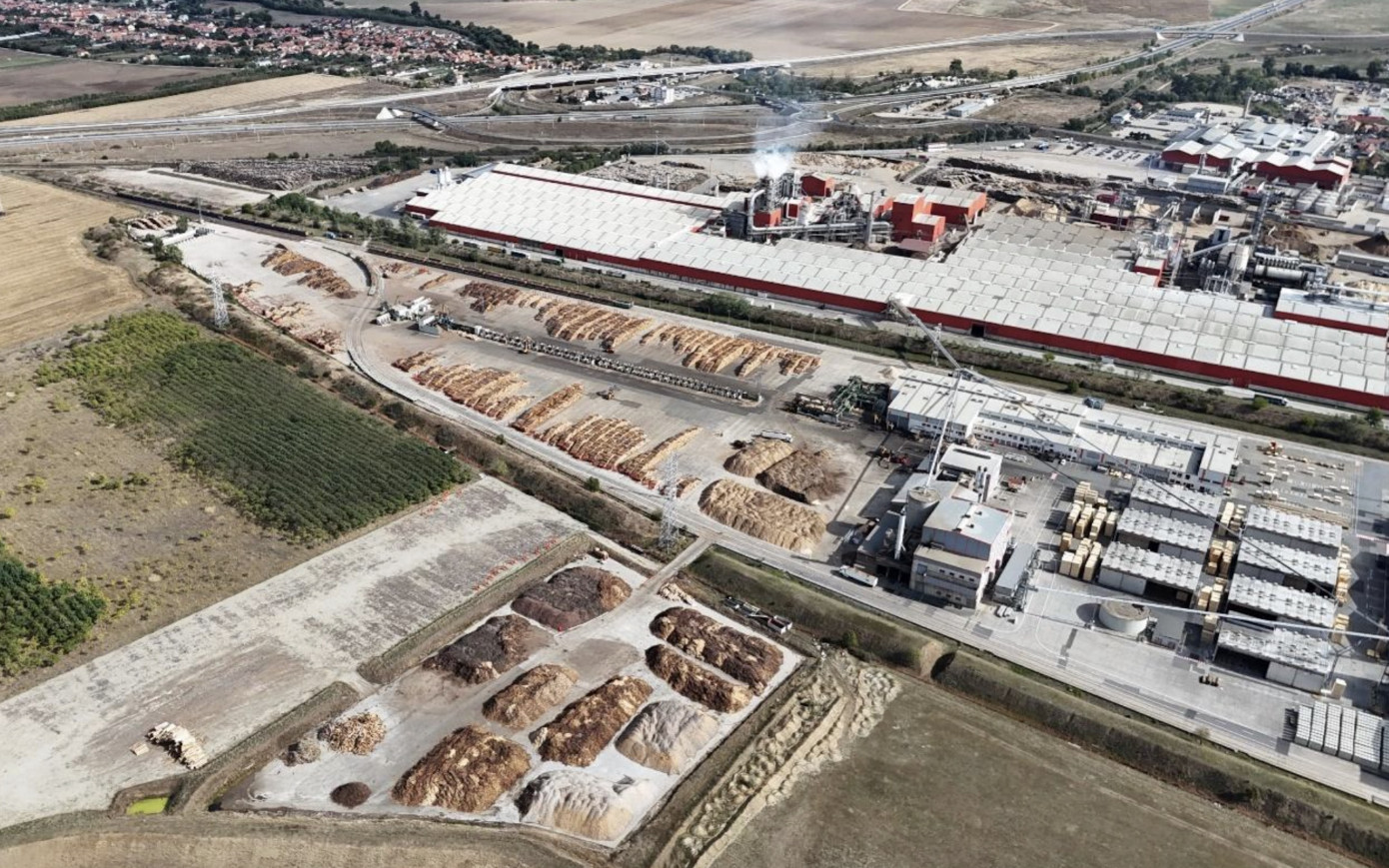One of Romania’s largest sawmills continued sourcing timber from protected areas, including national parks and old-growth forests, during the period leading up to its acquisition by Austrian timber group Kronospan. According to the Environmental Investigation Agency (EIA), analysis of Romania’s SUMAL timber traceability system shows that the Sebeș facility received tens of thousands of m3 of wood from Natura2000 sites such as Făgăraș and Frumoasă. The EIA report links these practices to a longer pattern of sourcing under previous owners HS Timber and Ziegler Group.
EIA found that during Ziegler’s ownership, about two-thirds of the wood entering the Sebeș mill came through intermediaries whose log depots were supplied from harvests inside Natura2000 zones. Local observers documented forest degradation, erosion, and logging activity near UNESCO-designated areas.
In Făgăraș, nearly Euro 1.5 million in EU agricultural funds were used to build a road that enabled extraction of fir, spruce, and beech trees aged between 130 and 180 years, according to Romanian forestry records. EIA found marked trees for felling near the boundary of a World Heritage site.
The Sebeș mill was opened in 2003 by HS Timber (then Holzindustrie Schweighofer) and grew to process over 1 million m3 of logs annually. Romania’s national anti-organized crime authority launched an investigation after undercover footage showed HS Timber managers discussing incentives for illegal deliveries. That case has since stalled, reported EIA.
In 2023, HS Timber sold the sawmill to Germany’s Ziegler Group, which stated it would avoid sourcing from national parks. However, EIA field investigations and SUMAL records indicate continued deliveries from protected areas, including Rodna and Calimani national parks. Ziegler filed for bankruptcy in early 2025, and Kronospan signed an acquisition agreement in March.
Kronospan stated that it has a zero-tolerance anti-corruption policy across all its operations and applies strict rules concerning the sourcing of industrial wood. The company confirmed to Lesprom Network that it has not yet received final regulatory approval for the acquisition and has not assumed operational control of the Sebeș facility. “We do not know when we will get final approval for the acquisition. We will of course have a thorough screening of all procedures in place when we take over,” said Johannes Leibetseder, head of global public affairs at Kronospan.
Kronospan has operated in Romania since 1998 and maintains production facilities in Brașov and Sebeș, a logistics hub in Constanța, and several wood collection and recycling centers. With the Sebeș sawmill, the company plans to expand its portfolio to include lumber and invest in modernization of the site.
Correction Note / Clarification (July 25, 2025):
An earlier version of this article referred to the Sebeș sawmill as “Kronospan’s Sebeș sawmill” and implied active control by Kronospan. Kronospan has clarified that while it signed an acquisition agreement in March 2025, it has not yet received regulatory approval and has not assumed operational control.
